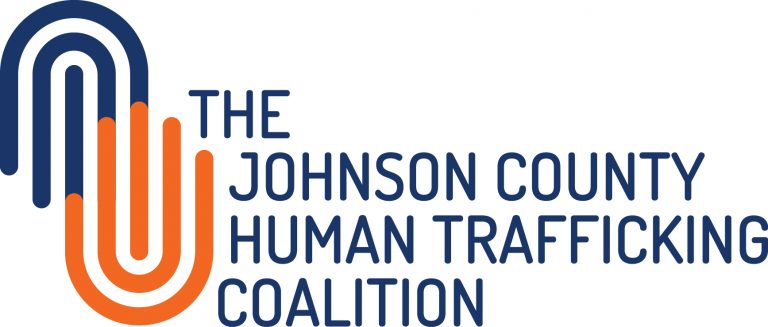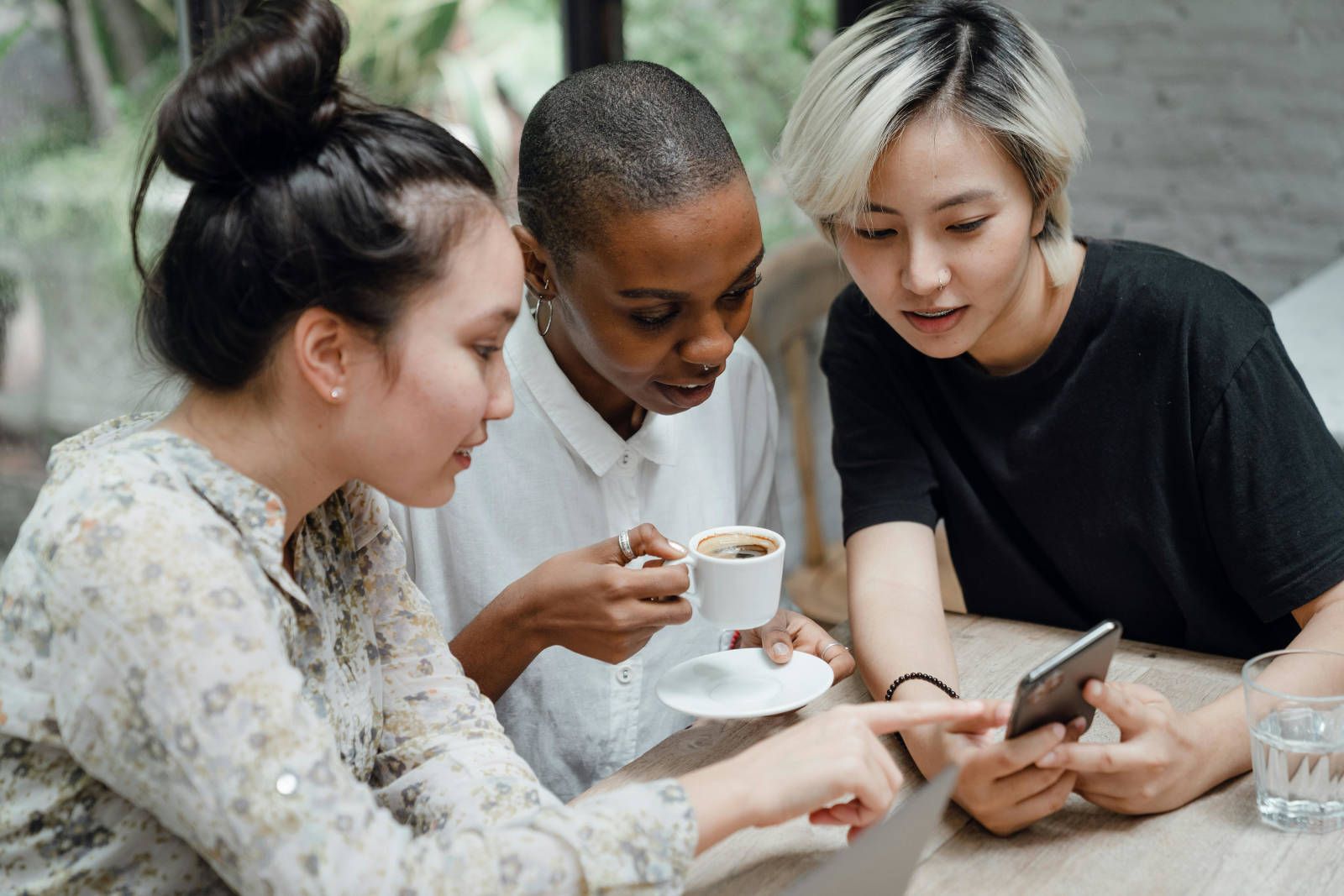Human Trafficking Coalition Partnership
Human trafficking is the illegal trade of human beings for the purpose of exploitation or commercial gain through force, fraud, or coercion.

Though JCHTC provides education and resources specifically to individuals and groups in Johnson County Iowa they also provide information to anyone in need. For those seeking services outside of their service area please visit the following links to find resources near you.
While DVIP & RVAP offers direct services to people affected by human trafficking, we are proud to announce that we are the fiscal sponsor for the Johnson County Human Trafficking Coalition (JCHTC).
JCHTC is a group of medical providers, law enforcement officials, attorneys, community agency providers, and education staff that are working together to raise awareness of the issue of human trafficking in our community and take steps to combat it through education and outreach.
JCHTC’s goals include, but are not limited to:
- Building a hospital protocol for the University of Iowa and Mercy emergency departments
- Creating and providing law enforcement pocket cards that were handed out in January 2020
- Holding educational events and conferences throughout Johnson County
- Building networks of supporters in Johnson County
- Starting a School of Training
For more information on how you can help people affected by human trafficking, support and learn about the prevention and educational work that JCHTC is doing, you can reach them directly at jchtcinfo@gmail.com or follow them on Facebook.
Human trafficking is the illegal trade of human beings for exploitation or commercial gain through force, fraud, or coercion.
Anyone be victims — or perpetrators — of human trafficking.
People may be vulnerable to trafficking if they:
- Have an unstable living situation
- Have previously experienced other forms of violence such as sexual abuse or domestic violence
- Have run away or are involved in the juvenile justice or child welfare system
- Are undocumented
- Are facing poverty or economic need
- Have a caregiver or family member who has a substance use issue
- Are affected by drugs or alcohol
From the National Human Trafficking Hotline
Someone may be experiencing labor trafficking or exploitation if they:
- Feel pressured by their employer to stay in a job or situation they want to leave
- Owe money to an employer or recruiter or are not being paid what they were promised or are owed
- Do not have control of their passport or other identity documents
- Are living and working in isolated conditions, largely cut off from interaction with others or support systems
- Appear to be monitored by another person when talking or interacting with others
- Are being threatened by their boss with deportation or other harm
- Are working in dangerous conditions without proper safety gear, training, adequate breaks, or other protections
- Are living in dangerous, overcrowded, or inhumane conditions provided by an employer
Someone may be experiencing sex trafficking if they
- Want to stop participating in commercial sex but feel scared or unable to leave the situation.
- Disclose that they were reluctant to engage in commercial sex but that someone pressured them into it.
- Live where they work or are transported by guards between home and workplace.
- Are children who live with or are dependent on a family member with a substance use problem or who is abusive.
- Have a “pimp” or “manager” in the commercial sex industry.
- Work in an industry where it may be common to be pressured into performing sex acts for money, such as a strip club, illicit cantina, go-go bar, or illicit massage business.
- Have a controlling parent, guardian, romantic partner, or “sponsor” who will not allow them to meet or speak with anyone alone or who monitors their movements, spending, or communications.
Believe and support them. Your support can make a significant difference in their healing. Learn more about how to respond to a disclosure about human trafficking here.
DVIP & RVAP provides free, confidential services to all survivors of domestic and sexual violence and their loved ones. For more information, or for questions call 1-800-228-1625.

Have questions? Need help?
Give us a call 24/7/365
Domestic violence (also referred to as intimate partner violence (IPV), dating abuse, or relationship abuse) is a pattern of behaviors used by one partner to maintain power and control over another partner in an intimate relationship.


